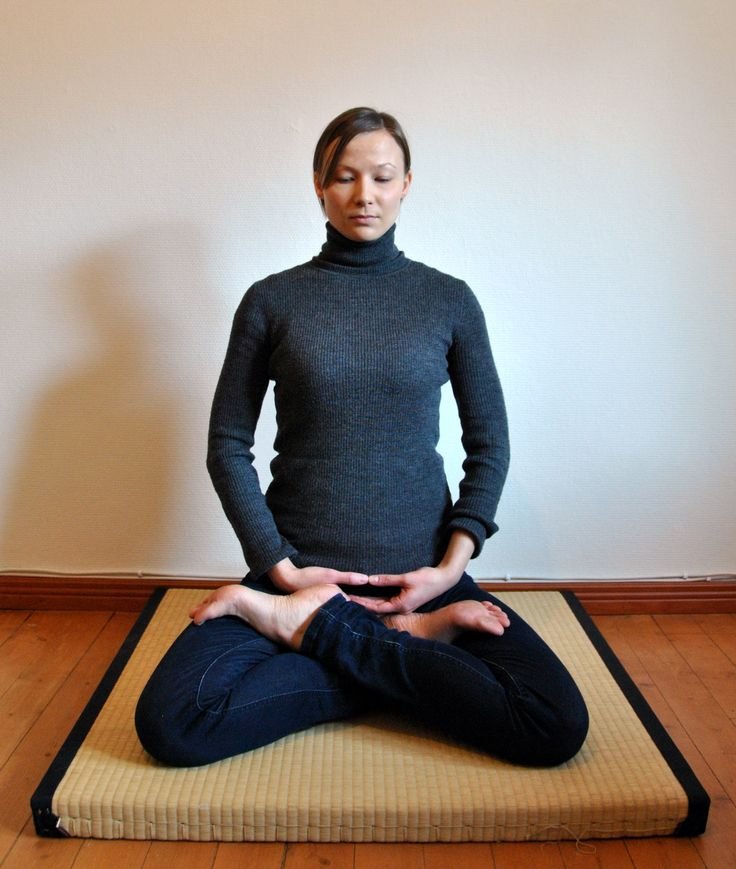
Academy Students Travel to Japan
Land of the Rising Sun
Toshoji Monastery, home of the Soto Zen International Training Monastery, was founded in the 8th Century. It is located in the Bicchu region in Okayama Prefecture, Japan. In 1412 it became a temple of the Buddhist Soto lineage. Restored by Kisan Zenji, who established his master Jochu Zenji, as the founder of the Temple. Kisan Zenji was abbot of Toshoji for 31 years, during which time it grew to be a large monastery. Many of its disciples went on to found their own temples; during the Enkyo period alone, over 40 Tosho branch temples were founded across Japan. Eventually, the Tosho family of temples, known as the Kisan-ha, came to number over 1000.
Toshoji is now in its 100th abbot, Korin Seido Suzuki Roshi. In 2009 Seido Roshi reopened Toshoji as a training monastery, and in 2014 Toshoji became the official international training monastery of the Soto school (Shuritsu Senmon Sodo). During this time, Toshoji has hosted hundreds of monks, nuns and laypeople, from 41 countries.
Seido Roshi invited BEZA students to participate in Toshoji’s bi-annual Ango training intensive, during which time they will receive Jukai.

Ango – “peaceful dwelling” – is a traditional intensive training period common to many schools of Buddhism. Ango traces its history to the time of Shakyamuni Buddha and the early sangha. Each year, as the monsoon rains began, the community would gather together. This enabled everyone to deepen their practice and polish their understanding through the indispensable teachings of the Three Treasures – Buddha, Dharma and Sangha.
In the formal ceremony known as Jukai, BEZA students will openly receive and acknowledge the sixteen bodhisattava precepts as an ongoing path in their lives. Jukai is made up of ju (receiving) and kai (precepts). Ju means to open the core of your being to what is natural and true. Kai refers to the precepts not merely as rules but as signposts that point us toward naturally acting for the benefit of all beings. The way of the precepts is the path that reveals the truth that our own happiness and well-being is intricately connected to the happiness and well-being of others.

Ten BEZA students asked to receive the precepts and have been studying the precepts for almost a year with BEZA’s founder Ekan Nangaku. Before the ceremony, the seven participants who were able to travel to Toshoji, bathe and dress in fresh clothing. They enter the meditation hall, where the teacher and members of the sangha are gathered to greet them and witness their vows. After initial bows with the teacher and the sangha, there is an invocation inviting all wise and enlightened beings to stand in witness and support. Then the transmission of the sixteen bodhisattva precepts begins.
The first three precepts are called Taking Refuge. The participant acknowledges her intention to stand open and exposed, finding her resting place and taking her stand as a human being in the three naked truths: Buddha – true nature – vast, awakened, and full of potential; Dharma – the teaching that brings into light the bondage of self-centered thinking and enables us to transform it into open awareness; and Sangha – the community of teachers and fellow practitioners who help each other along the way.
Having taken refuge, the participant is open to receive into her life the Three Pure Precepts: refraining from all action that creates attachments; making every effort to live awake and in truth; and living to benefit all beings.
The remaining precepts are called the Ten Grave Precepts. These are usually worded as prohibitions, expressed as vows to refrain from specific actions- “I vow to not take what is not freely given,” or, “I vow to not lie.” This form can be useful to keep us on track when we stray into muddled thinking. Each precept can also be voiced as an aspiration: “I take up the way (or vow) to take only what is freely given and give freely of all that I can,” or, “I take up the way of speaking truthfully.” In this way, the vows become pointers, directing us toward our natural propensity to take action out of love and concern for one another.
Just before the ceremony, Roshi will write something on the back of their rakusu – a small patch of robe to be worn around the neck during meditation and ceremonies – often a poem, along with a name he chooses for the student and presents as a gift that expresses the person’s qualities and positive aspirations. The participant will also receive a kechimiyaku, a blood lineage chart naming the teachers in the lineage from the participant’s teacher all the way back to the Buddha. The student will be asked to write these names on the chart in advance of the ceremony.
Jukai commences a lifelong process- a confirmation of practice and commitment to a life of mindful inquiry into the motivations and consequences of our actions. As a result, we are less likely to take action that is hurtful to ourselves and others. More than simply an ethical system, the precepts open the heart and mind to the wisdom and compassion that lie deep within us all. We do not “take” them or “earn” them. We receive them as a gift of practice that acknowledges that although we may not always act in accordance with deep intelligence, the precepts are at the core of what we are.
In the moment of that acceptance and in each moment of our lives, whenever we aspire toward action that manifests this intelligence, that is Jukai. So even though we gather for a ceremony, where we invite our loved ones, dress in clean, fresh clothing, recite certain words, and so forth, the power of the Jukai lies in the moment-to-moment, day-by-day Jukai we engage in as we practice them with the difficult boss at work, the child who keeps us awake at night with worry, and all the joys and sorrows of living.
We send our blessings for a good ceremony to all recipients of Jukai.





